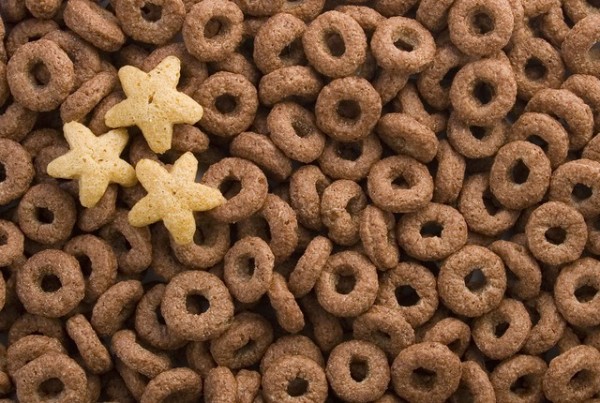Eating More Fiber After a Heart Attack May Prolong Life

Victims of a heart attack are more likely to recover better and live longer if they start a high-fiber diet right after the incident, according to a recent study.
The study, which was published in the British Medical Journal, details how a high fiber diet -- which is already well-known to lower risk of heart disease -- can also help prolong the life of post-heart attack patients.
According to the study, researchers assessed data on 121,700 female nurses from the Nurses' Health Study -- an ongoing long-term population-based study. They also collected data on 51,529 male health professionals from the Health Professional Follow-up Study. Both studies asked their participants to complete questionnaires regarding their lifestyle habits every two years for an extended period of time.
Initially, the researchers identified 2258 women and 1840 men who had recently survived their first heart attack. Over a nine year follow-up period, 1133 of these participants died -- 682 of which were women.
In an analysis of these results, researchers found that of the heart attack survivors, those who had the highest fiber intake had a 25 percent reduced risk of dying from any causes and a 13 percent reduced risk of dying from cardiovascular complications alone, compared to the participants who reported the lowest daily fiber intake.
Interestingly, further investigation showed the researchers that while the participants with the highest fiber intake ate significant amount of cereal, fruits, and vegetables; only cereal fiber was found to be strongly linked to long-term survival following a heart attack. Thankfully, for the average person, their main source of daily fiber is likely going to be from breakfast cereal as these products often have the highest fiber-per-volume count compared to vegetables or fruits.
The U.S. Department of Health and Human Services recommended that women eat about 25 g of fiber each day. Men should eat even more, consuming nearly 40 g a day. However, past survey results have shown that only about five out of every 100 Americans follow these recommendations.
According to the authors of the study, the research team hopes that these findings will encourage more people to adopt a fiber-rich diet, especially among those at risk of heart attack or heart disease.
The study was published in the British Medical Journal on April 29.
Apr 30, 2014 01:43 PM EDT





